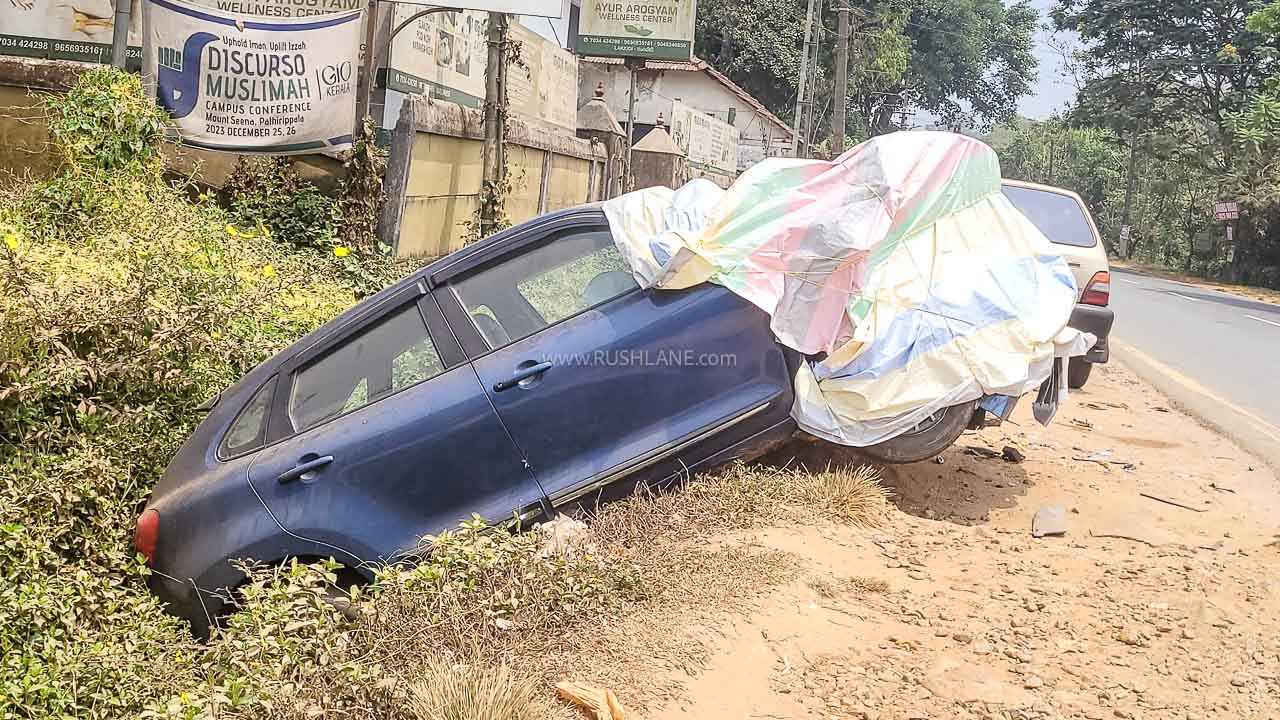
Road Accident Cashless Treatment programme – India Healing Without Hurdles
Road accident victims in India are entitled to cashless treatment. This is capped at Rs. 1.5 lakhs per accident, per person, for a maximum of 7 days from the accident date. The initiative applies to all road accidents involving motor vehicles. Trauma and polytrauma cases are covered under AB PM-JAY packages. Claims are reimbursed through the Motor Vehicle Accident Fund.
National Health Authority (NHA), in coordination with relevant stakeholders, implements the programme. The backend rests on an IT platform that integrates the eDAR application of the Ministry of Road Transport and Highways (MoRTH) and the Transaction Management System (TMS) of NHA. They will be coordinating efforts among all entities to streamline the reimbursement process and improve healthcare access. Key stakeholders include the police, hospitals, State Health Agency (SHA), and other relevant bodies. The pilot’s success will determine the expansion of cashless treatment facilities nationwide.
Survival Strategy: Golden Hour
The objective of the cashless treatment pilot programme is to provide immediate medical care to road accident victims. Thereby reducing fatalities, as also providing necessary care in a timely manner (golden hour). Mandated by the Motor Vehicles Act, 1988, efforts will be made to enhance the healthcare ecosystem and ensure timely emergency response.
The programme covers various types of road accidents, emphasising the importance of the ‘golden hour’ for medical intervention. Golden hour refers to the critical first hour following a traumatic injury, particularly in cases of accidents or medical emergencies. During this period, immediate medical intervention significantly increases the chances of survival and reduces the risk of long-term complications or disabilities. Rapid access to medical care, including assessment, stabilisation, and treatment, is crucial to optimising outcomes for the injured individual.
Pilot Programme
Chandigarh has been chosen for the initial cashless treatment rollout phase. The pilot programme’s initiation in Chandigarh signifies a crucial step towards evaluating its effectiveness and addressing potential hurdles before nationwide expansion. It serves as a testing ground for refining processes and identifying areas for improvement.
The UT’s selection as the pilot location highlights its strategic significance as a representative urban setting with diverse traffic conditions. In 2022, Chandigarh reported a total of 237 road accidents, categorised as follows: 79 fatal accidents, 14 accidents resulting in grievous injuries, 113 accidents causing minor injuries, and 31 non-injury accidents.
Data Drive
Despite its pragmatic approach, the cashless treatment test bed would face likely challenges in implementation. They include adequate healthcare infrastructure (across the nation), and preventing accidents to begin with. Its feasibility would lay in its logical framework and reasonable allocation of resources. Key focus areas would include practical solutions and rational strategies if the pilot is to make a significant impact on public health and safety.
The Ministry of Road Transport and Highways’ (MoRTH) ‘Road Accidents in India-2022’ Annual Report is compiled from data provided by States/UTs, following UNESCAP guidelines. In 2022, 4,61,312 accidents were reported, leading to 1,68,491 deaths and injuring 4,43,366 individuals. These figures represent an 11.9 percent rise in accidents, 9.4 percent in fatalities, and 15.3 percent in injuries from the previous year.

